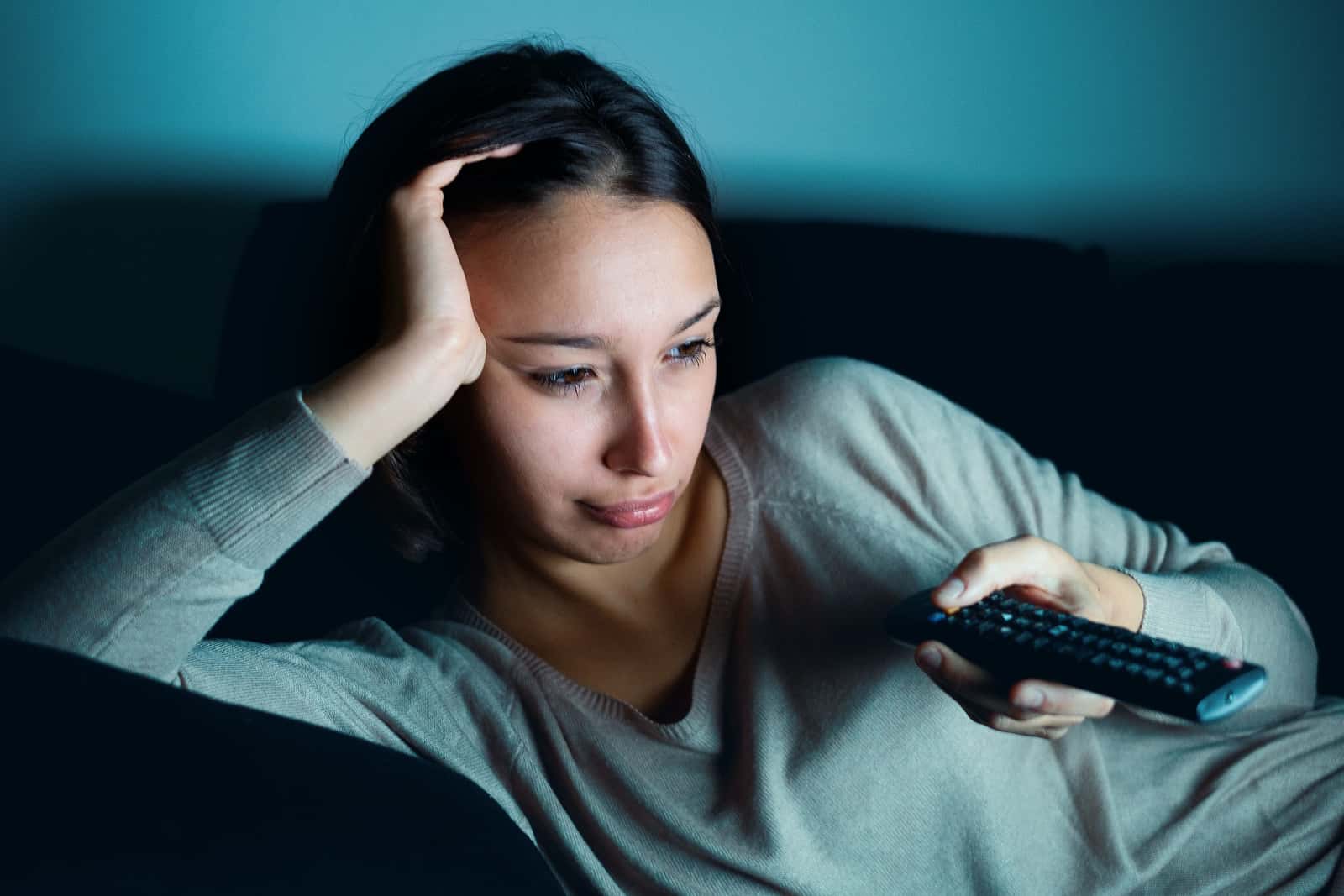
Do you leave the TV on in your bedroom overnight? Data from the Sister Study suggests you might want to turn it off (JAMA Internal Medicine, online June 10, 2019).
What Does the Sister Study Say About Leaving the TV On?
The Sister Study included healthy middle-aged women (35 to 74 years old) who were not shift workers. Investigators set it up to learn what they could about environmental and genetic risk factors for breast cancer.
At the outset of this portion of the study, the 43,722 volunteers answered questionnaires about whether they slept without any light, used a nightlight or slept with the room light or TV on. They were weighed and measured so that their body mass index (BMI) could be calculated.
Five years later, the women reported their own height, weight, waist and hip measurements. Those who slept with the room lights or TV on were 17 percent more likely to have gained 10 pounds or more. They were also 13 percent more likely to have increased their BMI by at least 10 percent.
Does Light at Night Make You Gain Weight?
These epidemiological data don’t establish cause and effect. However, they reinforce the idea that exposure to artificial light at night may contribute to obesity. Obesity is, in turn, associated with worse health, though here again we don’t have a cause-and-effect relationship. We’ll need more research before we understand how artificial light at night, including leaving the TV on, may be linked to weight control.
The authors of this study conclude:
“Further prospective and interventional studies could help elucidate this association and clarify whether lowering exposure to ALAN while sleeping can promote obesity prevention.”
Citations
- Park YMM et al, "Association of exposure to artificial light at night while sleeping with risk of obesity in women." JAMA Internal Medicine, online June 10, 2019. doi:10.1001/jamainternmed.2019.0571

